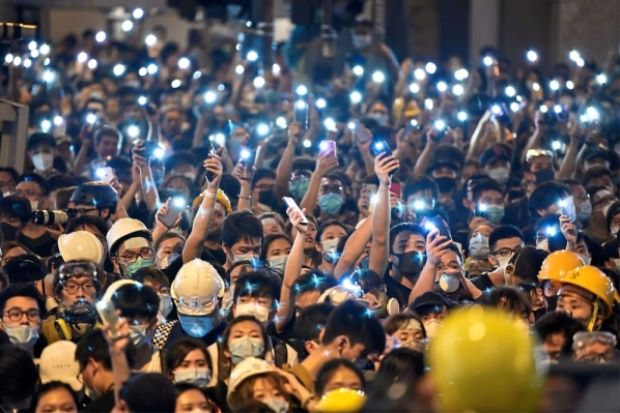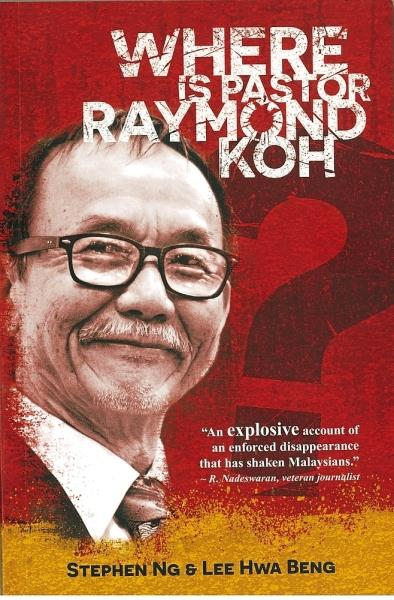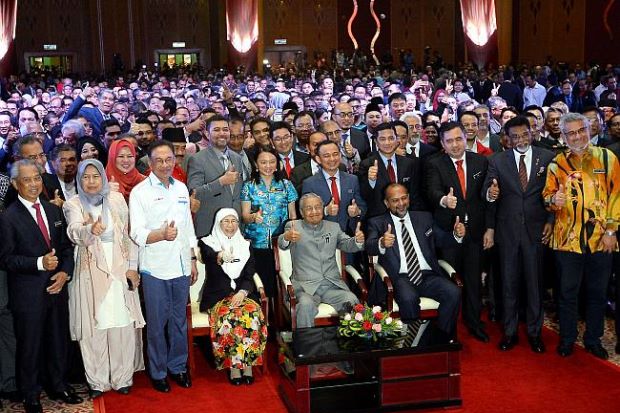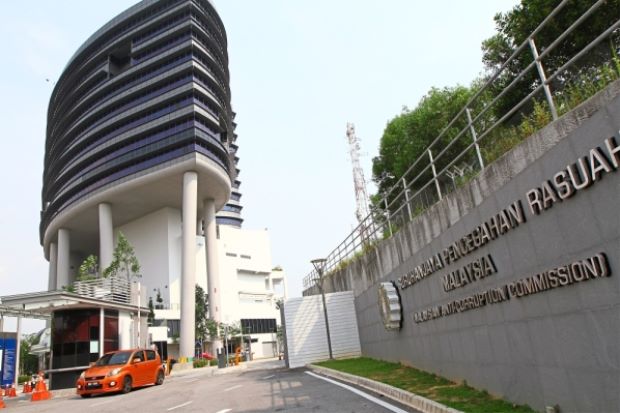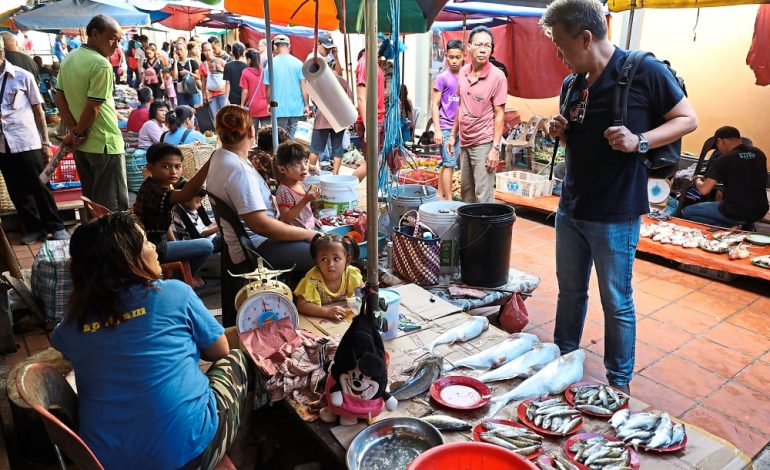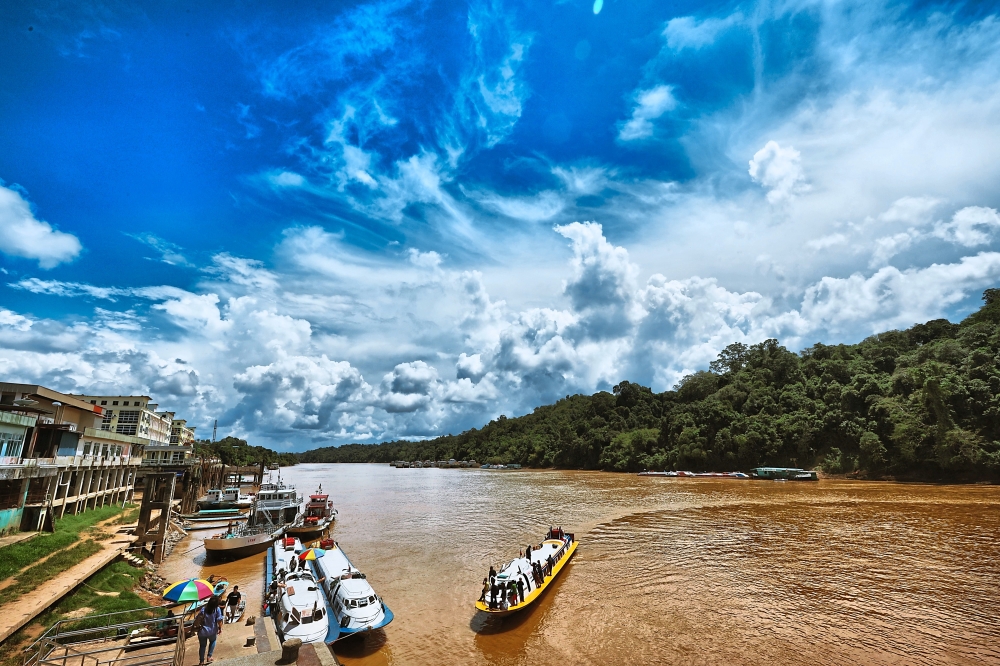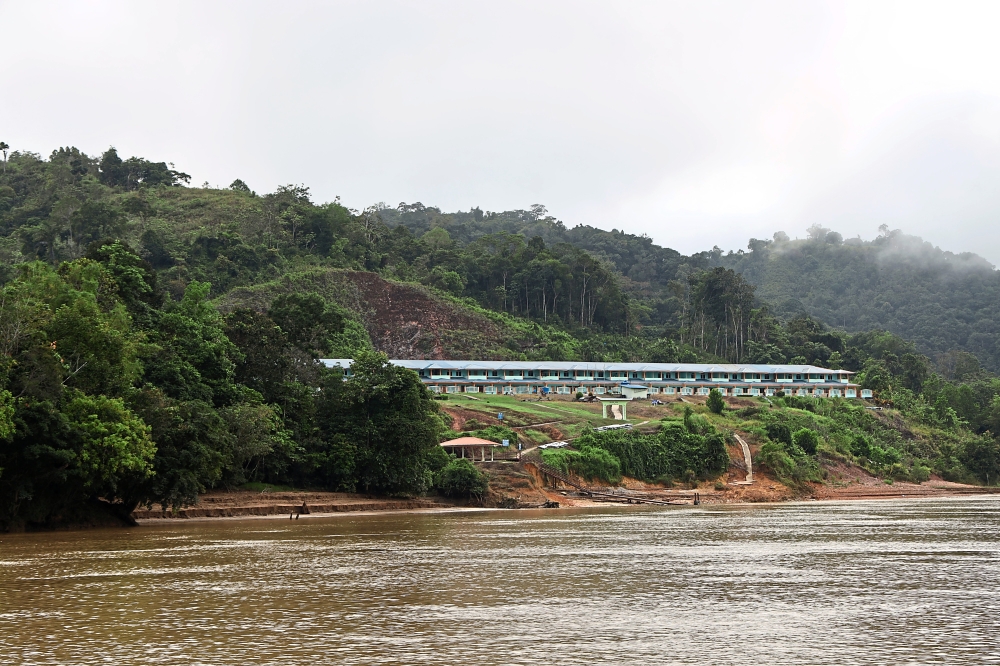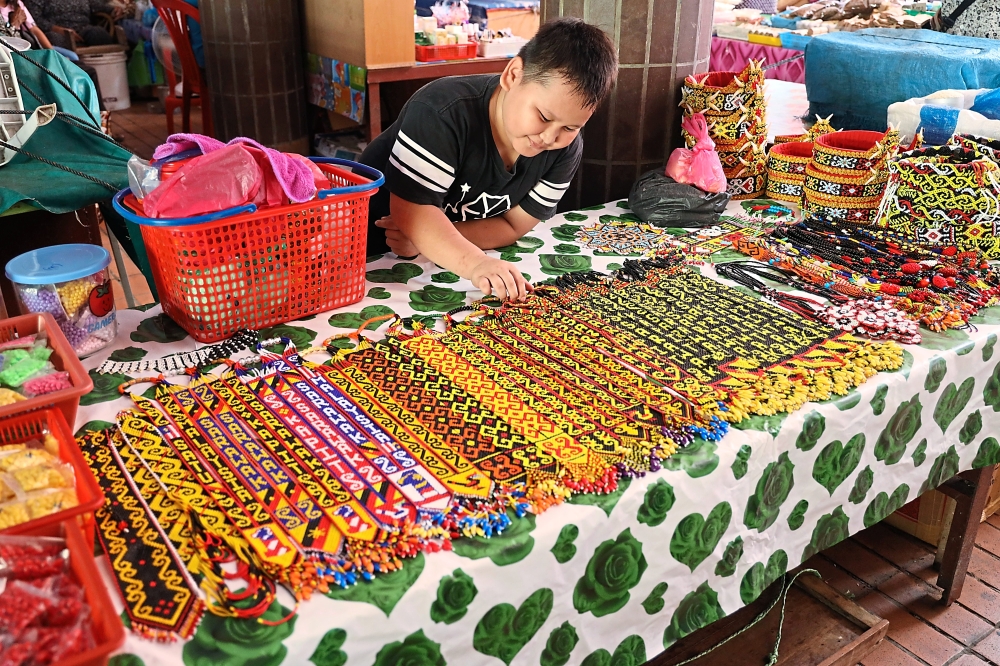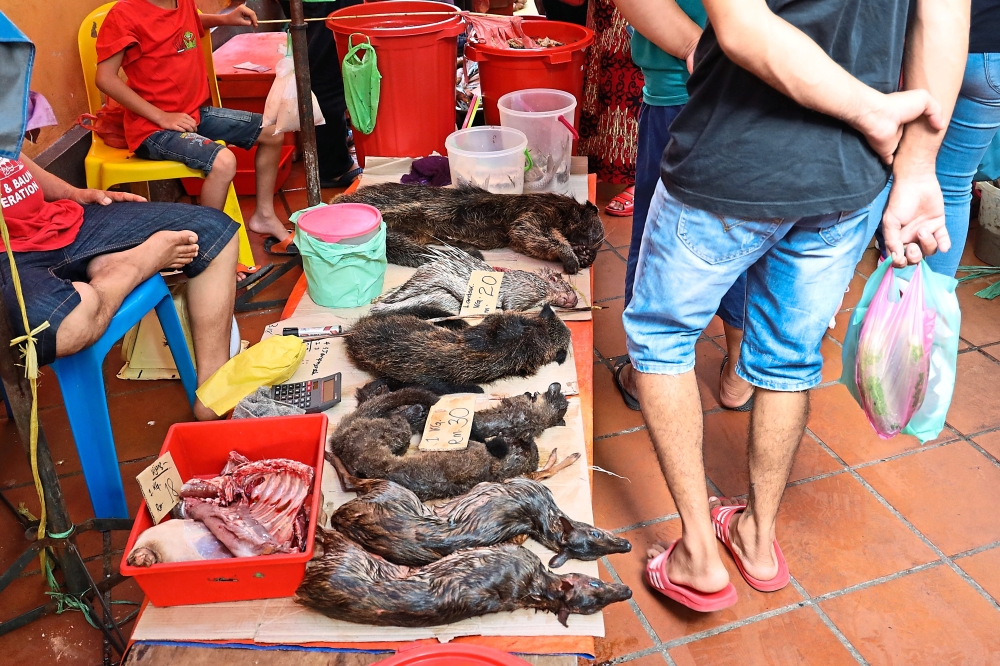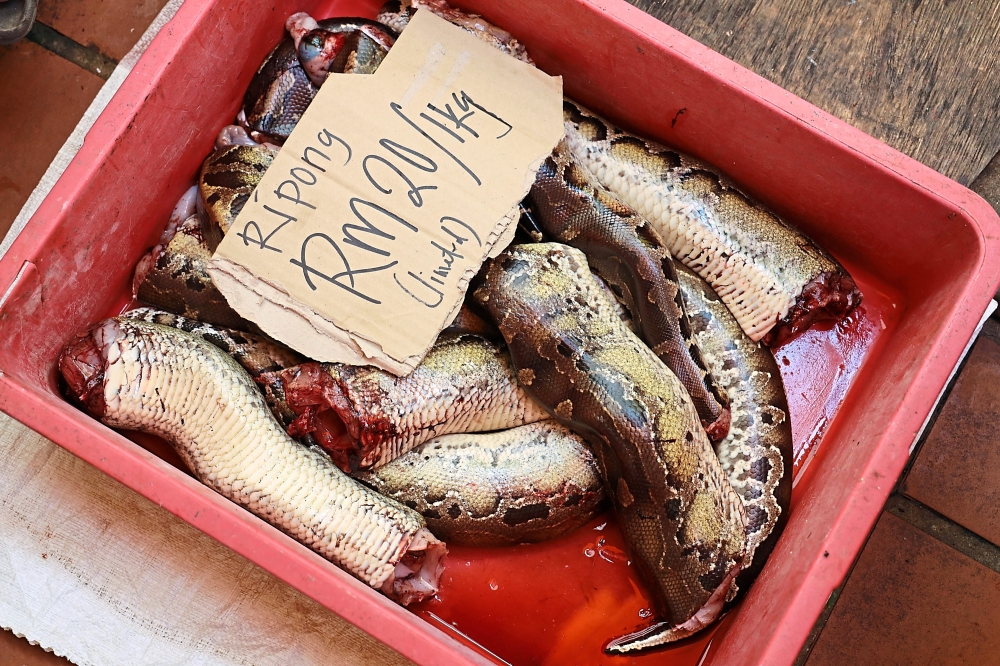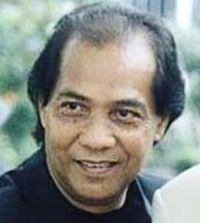THE Convent Light Street in Penang will always be a special place for me. It remains the only sister school of my alma mater, St Xavier’s Institution, where I had my primary and secondary education.
The CLS, the school’s acronym, sits next to SXI, and both share a sports field with an incredible seafront view. Not many students in Malaysia can boast of playing games under the sun while enjoying the sea breeze. In the case of CLS, some parts of the building, including classrooms, get to enjoy the picturesque sights.
Studying in a boys’ school, my first meaningful interaction with the fairer sex was as a boy scout with the girl guides at CLS, and other convent schools in Penang.
I’m sure many old Xaverians can relate similar fond memories and stories of their wonder years growing up as teenagers. So, it was painful to read recent news reports about three iconic convent schools there – which produced many great scholars – facing closure by 2024, following the downtrend of mission schools in the country.
The three schools – SK Convent Light Street, SMK Convent Light Street and SMK Convent Pulau Tikus – are said to be packing up and the land returned to its owner Sisters of Infant Jesus Malaysia.
“The Education Ministry has heeded their request and gave its approval to return their land. And we have stopped the intake of new students in the three schools since last year,” state Education director Dr Mahanom Mat Sam said.
As expected, the news was greeted with great concern, dismay even, and Datuk Tan Leh Sang, who chairs the board of governors of CLS and Convent Pulau Tikus, had to quickly dispel the notion by insisting the schools were not closing but “transforming for the better.”
With all due respect, I don’t think Tan has shared much on the direction of the schools. The Sisters, always media shy, have chosen not to speak. This obviously doesn’t help, as parents, students, former students and even Penangites, are stakeholders who have enormous emotional attachment to these schools.
There are emotional ties and a great reverence for the Sisters, who have dedicated their entire lives to the schools and educating many Malaysians of all races. Many of us want to help, contribute and support, but would struggle to do so if kept out of the loop.
There has long been talk that CLS, located in a predominantly Chinese majority area, has found its student enrolment dropping because of competition from nearby Chinese primary schools. That doesn’t come as a surprise since over 90% of Chinese parents send their children to Chinese primary schools.
With such a huge building, the continuing decline would surely have an impact on the future of CLS and other convent schools. The cold hard truth is, education in Malaysia is in trouble. Good public education – not just education – must be available to all. Whether we concede or not, the standard of our education system has been dipping.
According to Energy, Science, Technology, Environment and Climate Change Minister Yeo Bee Yin, Malaysian students continuously rank in the bottom third of international student assessments. So consequently, more parents are sending their children to private schools – unlike years ago, when even the rich sent their kids to normal schools – though this trend will put the have-nots at a disadvantage. But that shouldn’t happen!
“Although we are only a middle-income country, Malaysia’s international schools are the No 8 most expensive in the world,” she said in a video series, adding that international schools were increasing by over 20% each year.
CLS, like regular government schools, was always going to face this predicament. Certainly, the effects are greater in a place like Penang. Given the absence of statistics and details, we can’t know how to help CLS “transform for the better.”
Suggestions have been bandied about turning these mission schools into private or international ones, and perhaps to assist the poor, a quota of seats can be allocated to the underprivileged. This is done in the United Kingdom an there is no reason why it can’t be done in Malaysia. One of the most prestigious private schools in UK, the Benenden school, even offers scholarships to students in Hong Kong to study there. There is already a Methodist School Penang (International) with similar setups in Kuala Lumpur and Ipoh. There is also a St John’s International School in KL and a St Joseph’s International School in Petaling Jaya.
Many middle-class parents in urban areas are stretching their sen to send their children to either private or international schools because they want the best for them, so their kids can secure spots in top schools overseas. Many of our politicians, who champion racial and religion issues, also send their children to study at these schools, even at secondary level.
For a while now, our passing rates in public exams have been compromised. The word is the bar is lowered to enable students to pass, especially in Math and Science subjects. So, the perception generated has surely affected our stature overseas. The strings of distinctions have become meaningless, and worse, it has given a false sense of achievement as these As could just be Cs, or even Ds in Singapore or UK, if the playing field was made level.
Older Malaysians like me will recall a maximum of five As for the Lower Certificate of Education (LCE) for Form Three students. If you fail the LCE, you are kicked out of school. Never mind if you were just 15 years old and Mathematics was compulsory to pass. Then at Form 5 level, the maximum is probably nine As at the Malaysia Certificate of Education (MCE), branded Sijil Pelajaran Malaysia for a good few decades now. That was the time when Malaysians regularly got accepted into Ivy League schools including Harvard.
The disappointment for CLS is not just because of the loss of quality of education it has offered to many generations of Malaysians, but its history, which no other school can match. The education institution, founded by French Catholic nuns in 1852, is the oldest girls’ school in Southeast Asia and is one of the most highly regarded missionary schools in the country.
“Five young sisters, on their maiden mission outside France, set sail for Penang but only three arrived on the island in April 1852.
“Their leader Mother St Pauline lost her life at sea and the only member competent to teach in English deserted the team.
“Mother St Mathilde and three others arrived later, and in the next two decades, they progressively strengthened their base in Penang. By the first half of the 20th century, their unique brand of convent schools had spread across many parts of the Malay peninsula,” wrote Chen Yen Ling in her book, Lessons From My School – The Journey of The French Nuns and Their Convent Schools.That’s not all. The founder of Penang, Captain Francis Light, occupied the Government House as his residence, and the building remains in CLS, while the founder of Singapore, Sir Stanford Raffles, spent time working in the building. In fact, it’s said that he spent more time in Penang than in Singapore.
During the Second World War, the Japanese Navy took over CLS, and used the Government House as a base and interrogation centre.
“The walls inside the House bear the signatures of some imprisoned American sailors who etched their names with their belt buckles,” goes the story, according to the Penang Wiki site.
The owners of the buildings, Sisters of Infant Jesus Malaysia, will surely not allow these buildings to close down, and we believe that they would want their education missions to continue, in different forms, perhaps, and in a more competitive way in meeting the demands of modern education.
We pray that the Sisters will succeed, and we believe they will.
Unlike many mission schools and their Latin mottos, the CLS has theirs in French – Simple Dans Ma Vertu, Forte Dans Mon Devoir, which means Simple in My Virtues, Strong in My Duties.
I believe the CLS and the convent schools will invariably come out stronger from these trying times.


